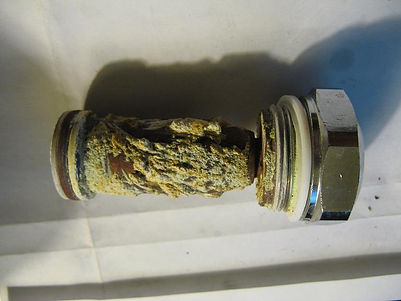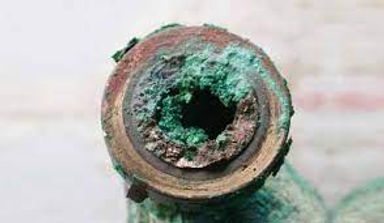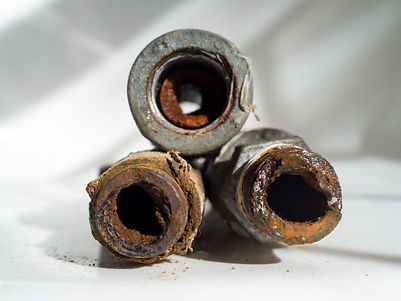Understanding Hard Water and the Need for Alternatives
Ontario, known for its stunning landscapes and natural beauty, also harbors a less desirable characteristic in its water: hardness. The prevalence of hard water in Ontario poses significant challenges, especially for espresso machine owners. Check out Aquatell's Water Hardness Level By City which gives you the mg/L found in city tap water all across Canada. For reference "Soft" water would be considered in the 0-60 mg/L range, "Medium" hardness would be 61-120 mg/L, "hard" water falls between 120-180 mg/L and "Very Hard" would be anything above 180. According to Aquatell, more than 70% of the cities in Ontario have water that fall within the "Hard" and "Very Hard" range. The mineral-rich composition of hard water leads to scale buildup in these machines, causing damage and hindering performance. To safeguard your investment and enjoy consistently delicious espresso, it's crucial to comprehend the impact of hard water and what you can do to limit or prevent its impact. Check out Espresso Afficionado's article on water which includes basic "water recipes" should you choose to use something other than tap water.




The Hard Truth about Ontario's Water
Hard water contains high levels of minerals such as calcium and magnesium. While these minerals are not harmful to health, they wreak havoc on appliances that use water. In Ontario, the water's hardness varies across regions, but the presence of minerals is widespread. When hard water is heated in an espresso machine, these minerals form scale, a stubborn residue that accumulates on internal components. Over time, this buildup can clog pipes, hinder water flow, and damage crucial elements within the machine.
The Solution: Embracing Alternative Water Sources
To combat the adverse effects of hard water on espresso machines, it's wise to explore alternative water sources. Distilled water, for instance, undergoes a process that removes impurities, minerals, and contaminants. Using distilled water in your espresso machine significantly reduces the risk of scale formation, prolonging its lifespan and ensuring consistent performance. However, the acidity of distilled water needs to be balanced which can be achieved by adding a buffer such as Sodium Bicarbonate (baking soda) or Potassium Bicarbonate.
Final Thoughts
Ontario's hard water poses a genuine threat to the functionality and longevity of espresso machines. Scale buildup caused by mineral-rich water can lead to costly repairs and compromised espresso quality. By considering alternative water sources like distilled water or utilizing filtration systems, espresso enthusiasts can protect their machines and continue to enjoy the perfect cup of espresso without the worry of scale-related issues. Should you choose to be proactive by using bottled distilled water which can be bought at many grocery stores, we sell a pump that fits on top of the bottle to fill your machine's reservoir. Don't forget to check out Espresso Afficionado's website for more information.